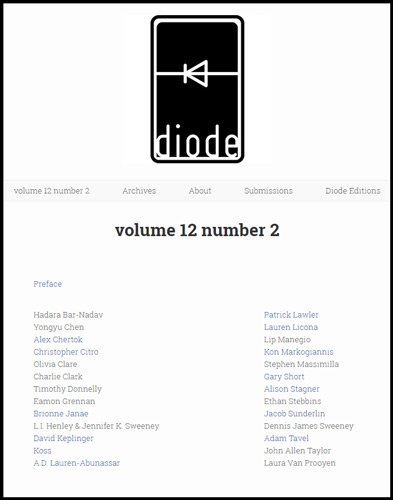 Volume 12 Number 2 of Diode Poetry Journal shows the variety of sources poets draw inspiration from, whether it’s musical artists, medical documentation, or other poets.
Volume 12 Number 2 of Diode Poetry Journal shows the variety of sources poets draw inspiration from, whether it’s musical artists, medical documentation, or other poets.
Lip Manegio draws from one of my longtime favorite musical artists—Death Cab for Cutie—in “you tell me about your childhood memories of death cab for cutie, and i imagine every future and past we will ever get to live through.” Using Death Cab song titles as a way to jump into each stanza and light, beautiful language, they create a new song for themselves and the person the poem is addressed to.
Charlie Clark turns to “I am the beast I worship,” a line from the song “Beware” by Death Grips as he conjures his own beast, one that “speaks vulgar French,” “his whole demeanor muscle-thick and pissed.” The piece reads like a slow burn, a fiery anthem.
“[Infect this page]” by Hadara Bar-Nadav is an erasure poem made from the drug information for the antibiotic Ceftriaxone. Bar-Nadav creates art through the dissection of medical text and examines both sickness and art, urging the reader to action, to “Infect,” “Inject,” and “Kill / your need to / question / this / garbage art.”
Both of John Allen Taylor’s poems draw inspiration from other poets. “The boy thinks of after,” is written after Laurie Lamon, and “Dear Friend,” is written after and for Brionne Janae. Not only were his poems enjoyable to read, but they also open a door to introduce readers to other poets they may not be familiar with.
The latest issue of Diode shows the many ways writers draw inspiration from the media they consume and offers its own inspiration to readers.
Review by Katy Haas
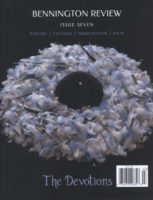

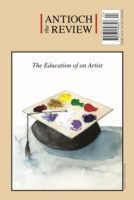
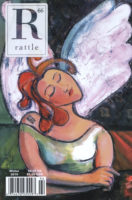
![Caitlin O'Neil [cropped headshot]](https://www.newpages.com/wp-content/uploads/2020/01/reading-tampa-review-caitlin-oneil-cropped-160x200.jpg)
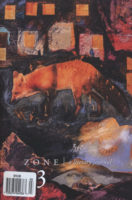
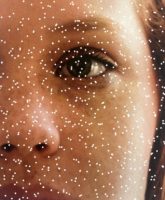
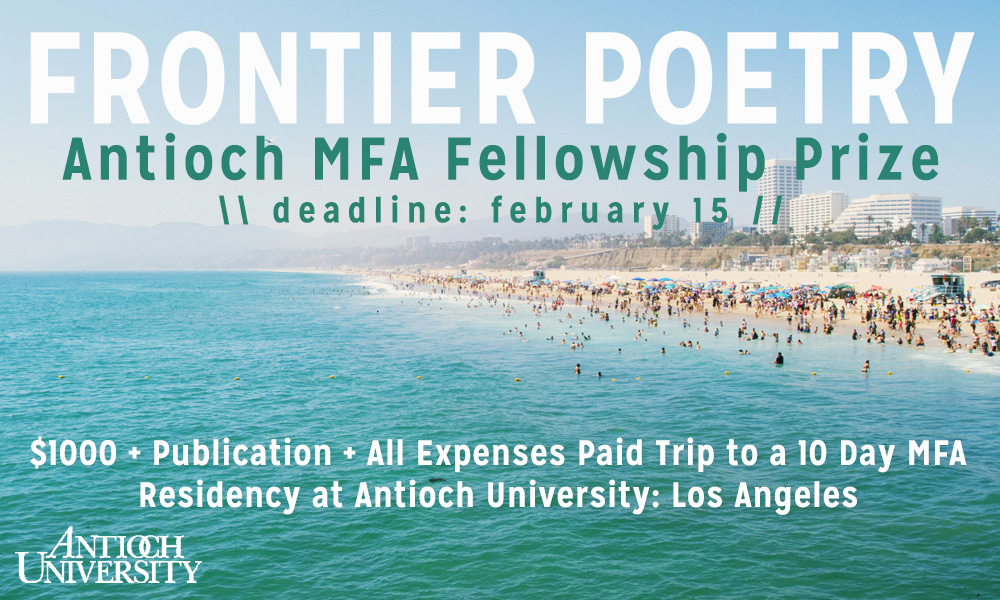
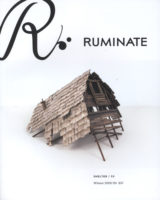



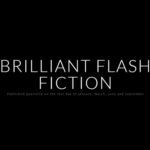
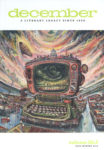 december
december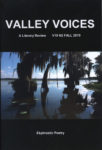
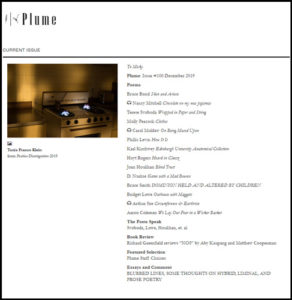

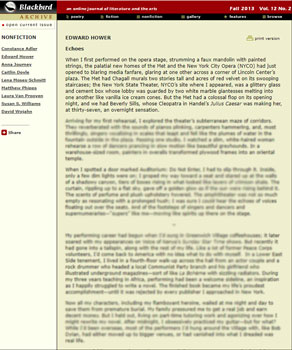 Stepping back in time to 1960s-Manhattan, author and former supernumerary actor with the New York City Opera Company (NYCO),
Stepping back in time to 1960s-Manhattan, author and former supernumerary actor with the New York City Opera Company (NYCO), 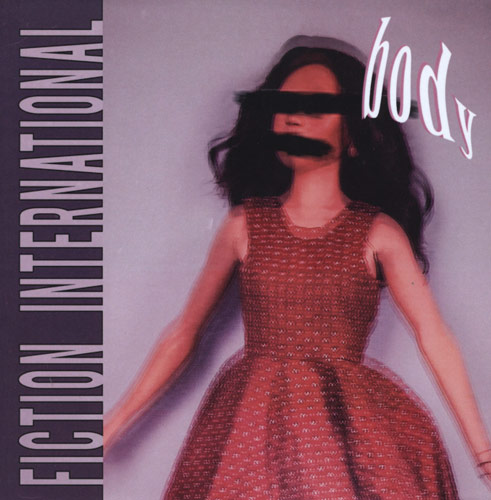 “B.K.” by Robert James Cross stands out in Issue 52 of
“B.K.” by Robert James Cross stands out in Issue 52 of 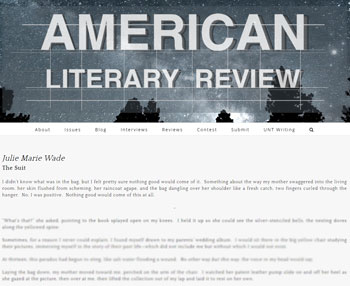 “
“ In the Fall 2019 issue of
In the Fall 2019 issue of 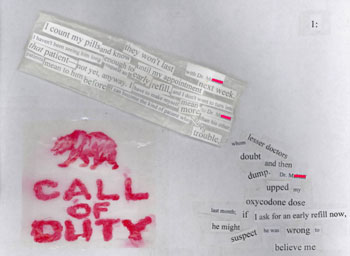 Issue 19.4 of
Issue 19.4 of 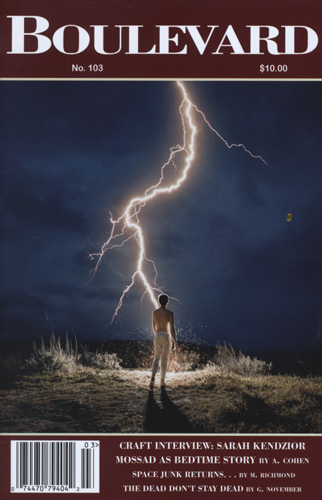 Greg November opens the Fall 2019 issue of
Greg November opens the Fall 2019 issue of 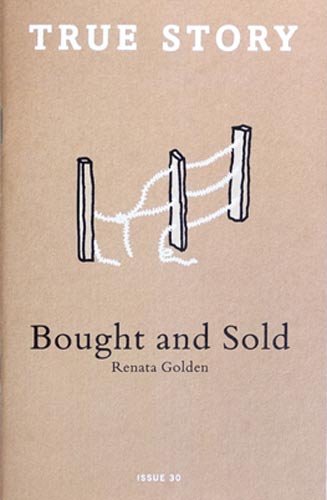 In “
In “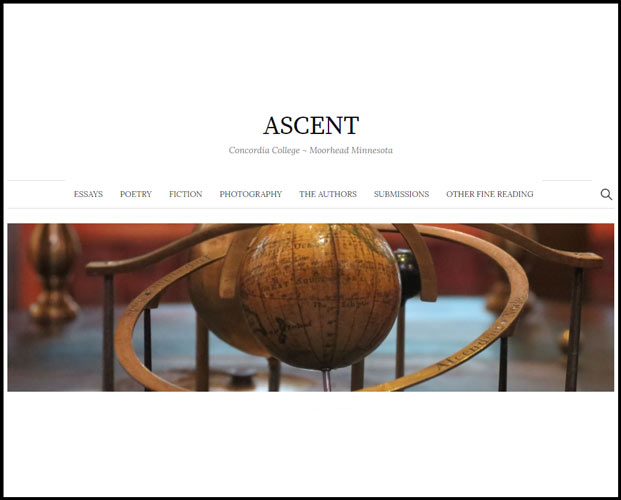 Last week Concordia College’s Ascent shared a couple pieces of exciting news.
Last week Concordia College’s Ascent shared a couple pieces of exciting news.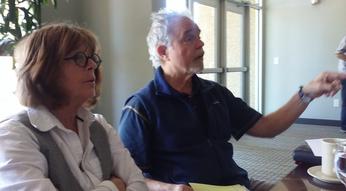 In the Fall 2019 issue of
In the Fall 2019 issue of 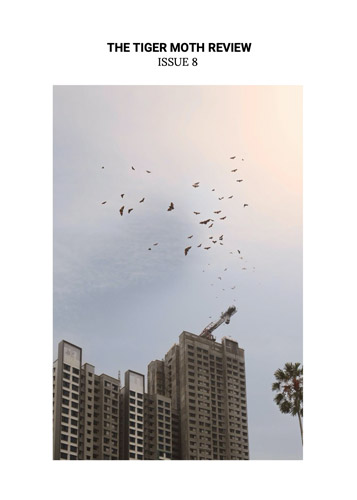 The Tiger Moth Review
The Tiger Moth Review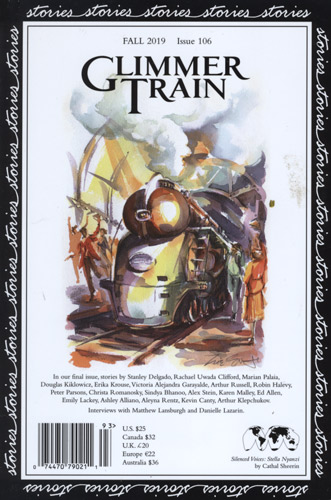 It’s never easy to say good-bye, but readers should still take the time to say their farewells to the fiction monolith
It’s never easy to say good-bye, but readers should still take the time to say their farewells to the fiction monolith  The Fall 2019 issue of Carve Magazine features the winners of the 2019 Raymond Carver Contest, guest-judged by Claire Fuller. These can be found online, as well as in the print issue. An interview with each writer can be found after their stories in the print edition.
The Fall 2019 issue of Carve Magazine features the winners of the 2019 Raymond Carver Contest, guest-judged by Claire Fuller. These can be found online, as well as in the print issue. An interview with each writer can be found after their stories in the print edition. Volume 12 Number 2 of
Volume 12 Number 2 of 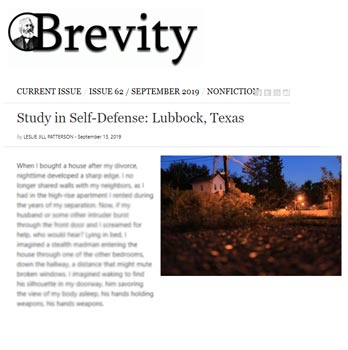 From the introduction to the final sentence, Leslie Jill Patterson’s flash essay,“
From the introduction to the final sentence, Leslie Jill Patterson’s flash essay,“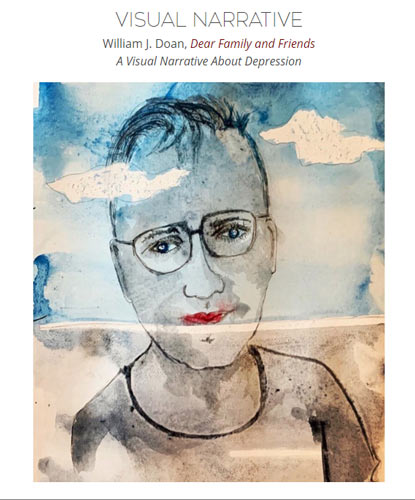 According to William J. Doan’s visual narrative “
According to William J. Doan’s visual narrative “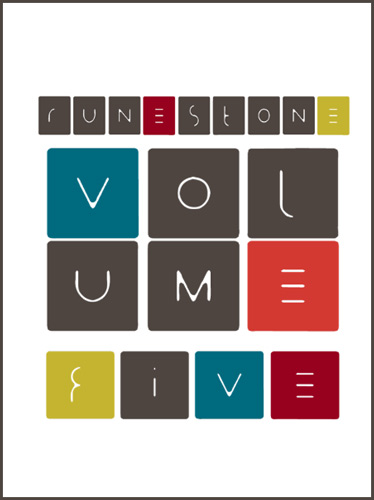 The works in the latest issue of
The works in the latest issue of 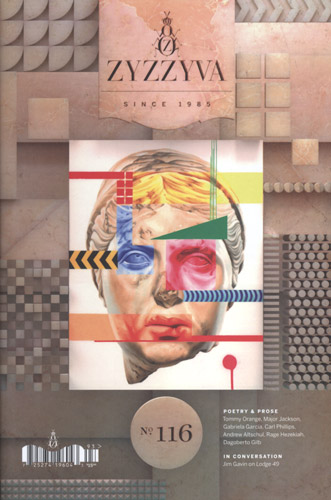 Gabriela Garcia
Gabriela Garcia Publishing short (500-2500-word) fiction that “gives an insight into the human condition,” the online
Publishing short (500-2500-word) fiction that “gives an insight into the human condition,” the online  Beautiful Things
Beautiful Things Maa, along with Lawrence-Minh Bùi Davis, founded the Asian American Literary Review in 2009 and has been serving as editor-in-chief. In his
Maa, along with Lawrence-Minh Bùi Davis, founded the Asian American Literary Review in 2009 and has been serving as editor-in-chief. In his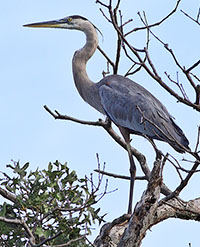 Between October 2016 and February 2017,
Between October 2016 and February 2017, 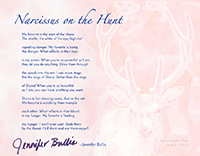 In addition to publishing poetry, interviews, and reviews twice a year online as well as chapbooks,
In addition to publishing poetry, interviews, and reviews twice a year online as well as chapbooks, 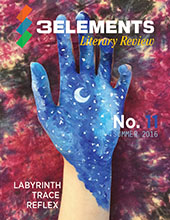 Each quarter, 3Elements Review presents three elements, and all three must be used in the story or poem in order to be considered for publication.
Each quarter, 3Elements Review presents three elements, and all three must be used in the story or poem in order to be considered for publication.  The Fall 2019 issue of
The Fall 2019 issue of 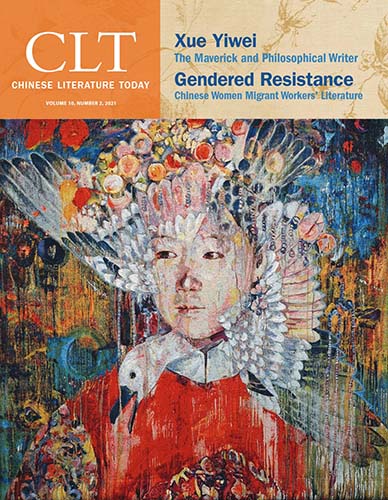 Contemporary Chinese Poetry is the special focus of the latest issue of
Contemporary Chinese Poetry is the special focus of the latest issue of 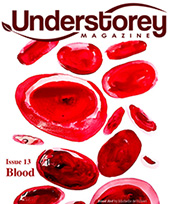 Understorey Magazine
Understorey Magazine Cleaver: Philadelphia’s International Literary Magazine
Cleaver: Philadelphia’s International Literary Magazine Hinsey
Hinsey  If you love rules and regulations, following forms and formulas to make something work, gnashing your teeth and pulling out your hair to meet perfection – and you love poetry – then you’re going to love this free
If you love rules and regulations, following forms and formulas to make something work, gnashing your teeth and pulling out your hair to meet perfection – and you love poetry – then you’re going to love this free 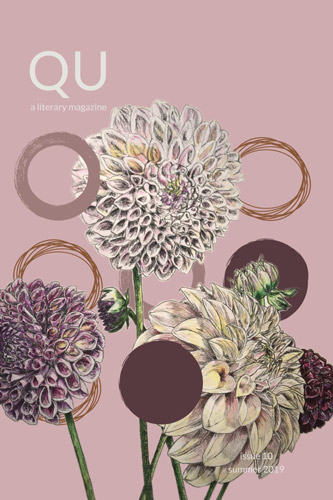 Wrap up your summer and get ready to head back to school with Zac Thompson’s “
Wrap up your summer and get ready to head back to school with Zac Thompson’s “ Drawing inspiration from Eric Magrane’s “
Drawing inspiration from Eric Magrane’s “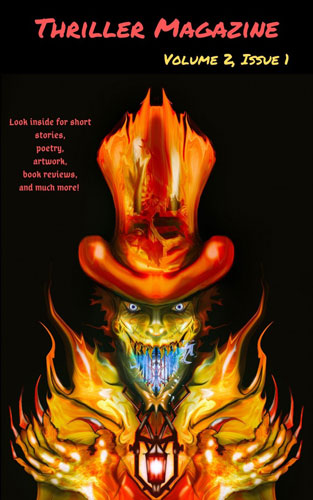 Robb T. White
Robb T. White Two whirlwind prose poems by Leslie Marie Aguilar in the May 2019 issue of
Two whirlwind prose poems by Leslie Marie Aguilar in the May 2019 issue of